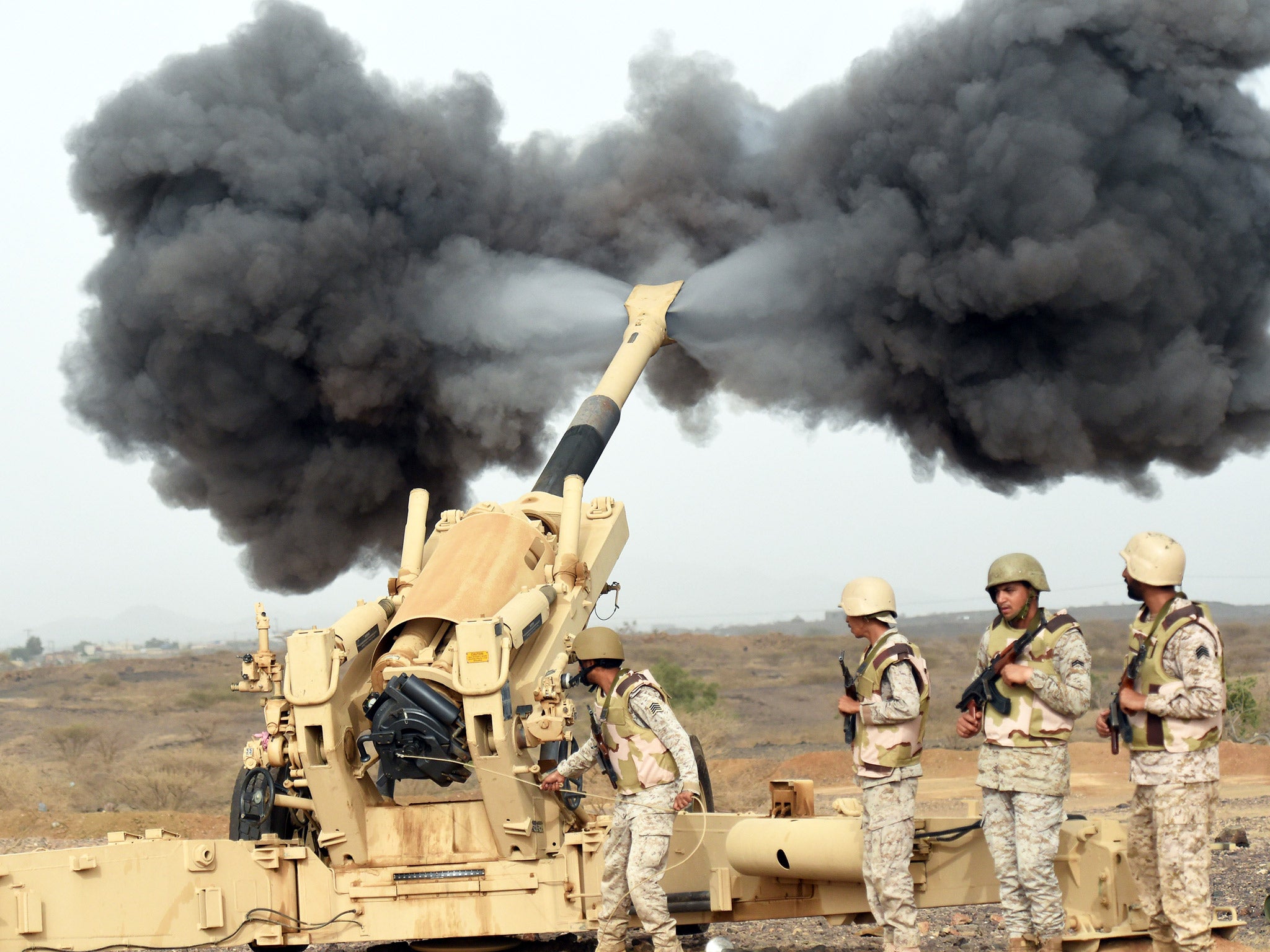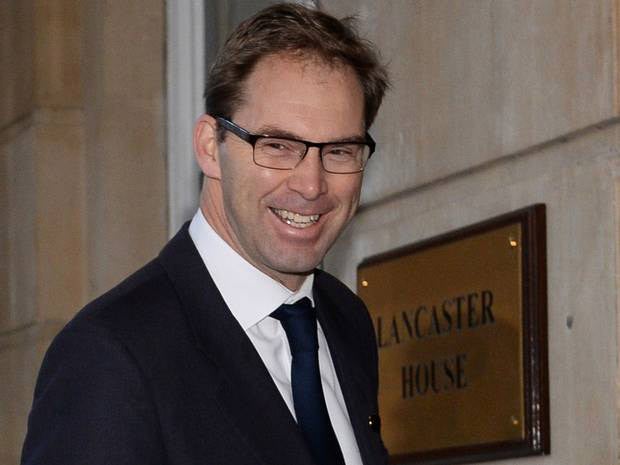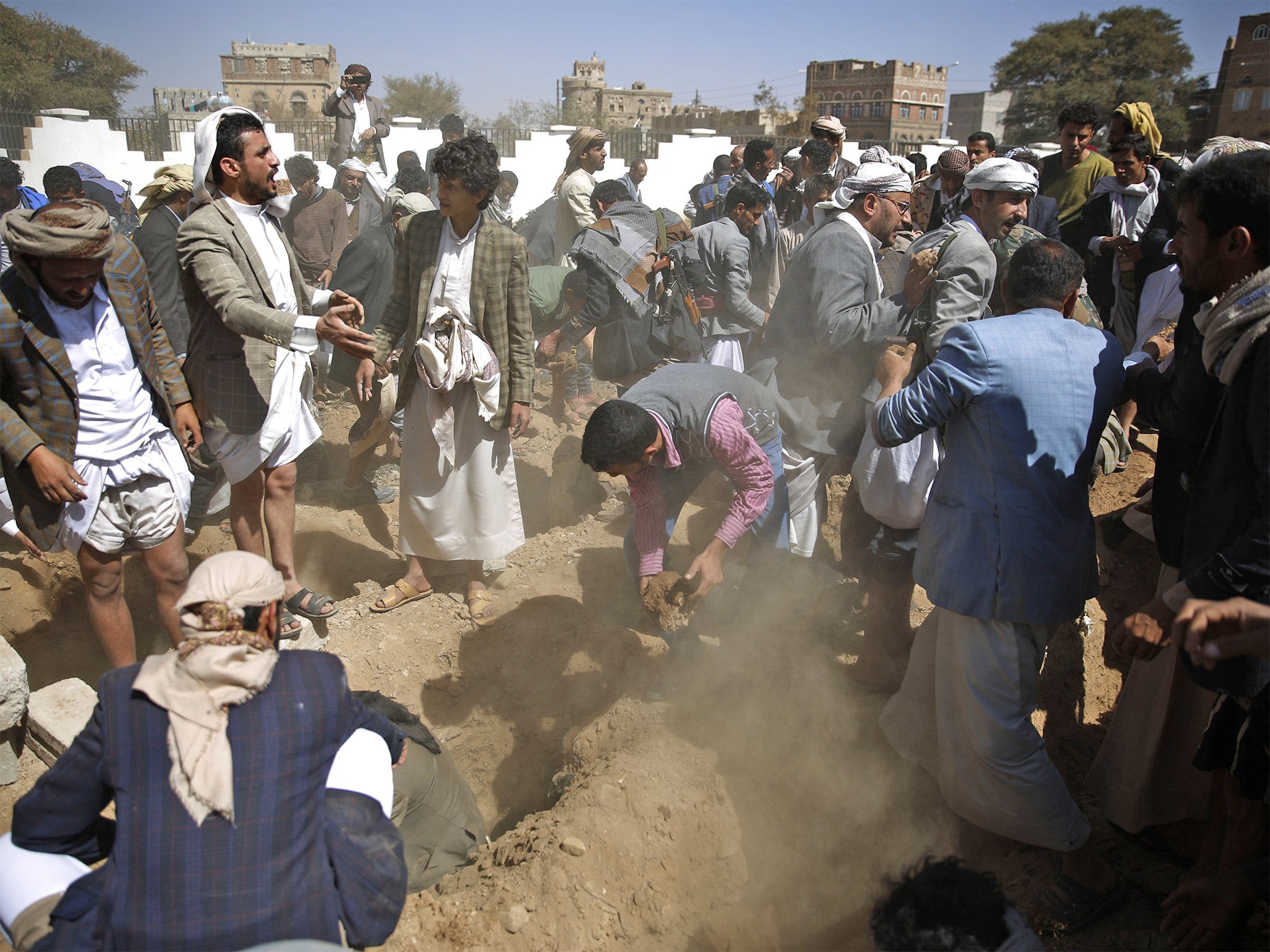David Cameron urged to suspend arms sales to Saudi Arabia over fears weapons used against Yemen civilians
Joint committee of MPs is set to investigate claims British-made weapons may have been used against civilian targets

Your support helps us to tell the story
From reproductive rights to climate change to Big Tech, The Independent is on the ground when the story is developing. Whether it's investigating the financials of Elon Musk's pro-Trump PAC or producing our latest documentary, 'The A Word', which shines a light on the American women fighting for reproductive rights, we know how important it is to parse out the facts from the messaging.
At such a critical moment in US history, we need reporters on the ground. Your donation allows us to keep sending journalists to speak to both sides of the story.
The Independent is trusted by Americans across the entire political spectrum. And unlike many other quality news outlets, we choose not to lock Americans out of our reporting and analysis with paywalls. We believe quality journalism should be available to everyone, paid for by those who can afford it.
Your support makes all the difference.David Cameron has been urged to immediately suspend all arms sales to Saudi Arabia amid growing fears that British-made weapons may have been used to bomb hospitals, schools, markets and other civilian targets in Yemen.
A United Nations report said the Saudi-led bombing campaing in Yemen had involved “widespread and systematic” targeting of civilians “in violation of international humanitarian law”.
Britain is a leading arms supplier to the Saudi regime and has military personnel working with the Saudi forces on the ground, although the Government insists its officials only work in a “liaison” role and do not assist in the selection of targets.
Labour leader Jeremy Corbyn and Shadow Foreign Secretary Hilary Benn have written to the Prime Minister demanding to know whether UK personnel on the ground have seen evidence of strikes that could have breached international humanitarian law.
But Middle East minister Tobias Ellwood told MPs on the International Development Committee that it would be “naïve” to think the UK could not sell weapons to its Saudi allies.
Appearing before the International Development Committee, Mr Ellwood referred to widespread reports of attacks on civilian targets as “details” that should be scrutinised.

“We don’t just accidentally sell these things on Ebay,” he added. “Every single arms sale across the world is scrutinised…every nut and bolt is scrutinised and comes across my desk.”
The 51-page UN report by Yemen experts, which was sent to the Security Council last week, documents 119 sorties by the Saudi-led coalition “relating to violations of international humanitarian law.”
The report states: “The panel documented that the coalition had conducted airstrikes targeting civilians and civilian objects, in violation of international humanitarian law, including camps for internally displaced persons and refugees; civilian gatherings, including weddings; civilian vehicles, including buses; civilian residential areas; medical facilities; schools; mosques; markets, factories and food storage warehouses; and other essential civilian infrastructure, such as the airport in Sana’a, the port in Hudaydah and domestic transit routes.”

In their letter, Mr Corbyn and Mr Benn call for a review of arms export licences to Saudi Arabia. International law experts have warned the Government could be in breach of national, EU and international law banning the supply of weapons when there is a risk they may be used to violate humanitarian law.
Challenged by Mr Corbyn in the House of Commons, the Prime Minister said he would look at the new UN report, but insisted the UK had “the strictest rules for arms exports of almost any country anywhere in the world”.
An influential joint committee of MPs is set to investigate claims that British-made weapons may have been used for strikes against civilian targets. The Committee on Arms Export Controls (CAEC), made up of members of the Foreign Affairs, International Development, Defence and Business select committees, has not sat so far this Parliament, but will be re-established.
Crispin Blunt, chair of the Foreign Affairs Committee, and Stephen Twigg, chair of the International Development committee, have both indicated that they want the CAEC to investigate whether UK arms have been used for military strikes against civilians, and also to scrutinise the role of UK personnel working in Saudi command and control centres orchestrating airstrikes.
On Wednesday the International Development Committee heard evidence from UNICEF, Oxfam, Save the Children and SaferWorld, that the UK’s role as an arms exporter to Saudi Arabia risked undermining humanitarian work in Yemen, to which the Department of International Development (DFID) has committed £85m.
Josephine Hutton, Oxfam’s regional programme manager for Middle East said that arms exports to those “perpetuating the conflict” should be stopped.
Join our commenting forum
Join thought-provoking conversations, follow other Independent readers and see their replies
Comments